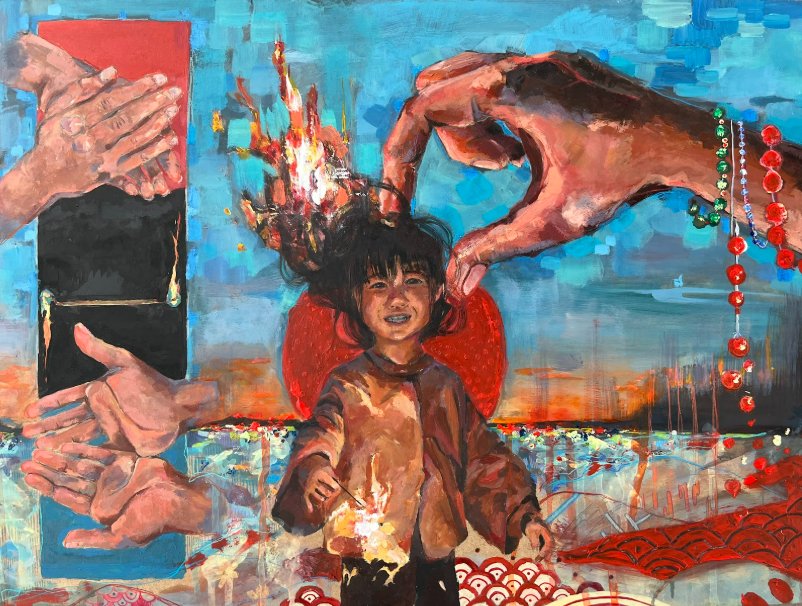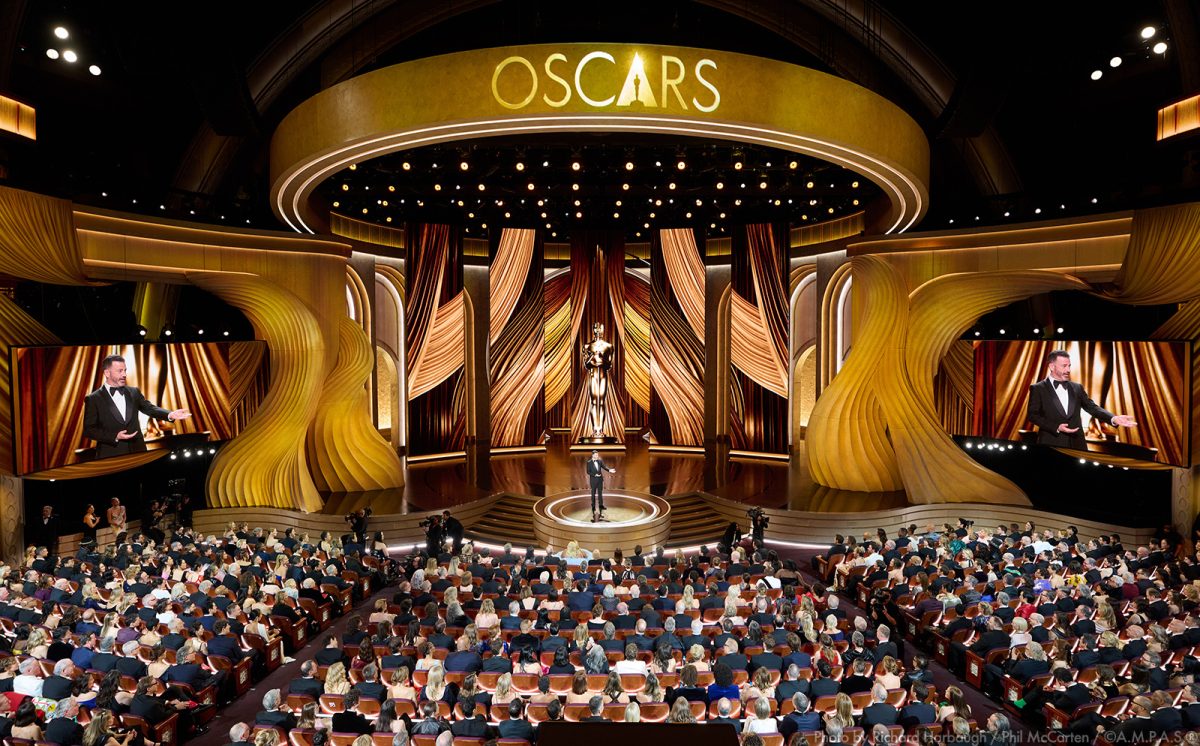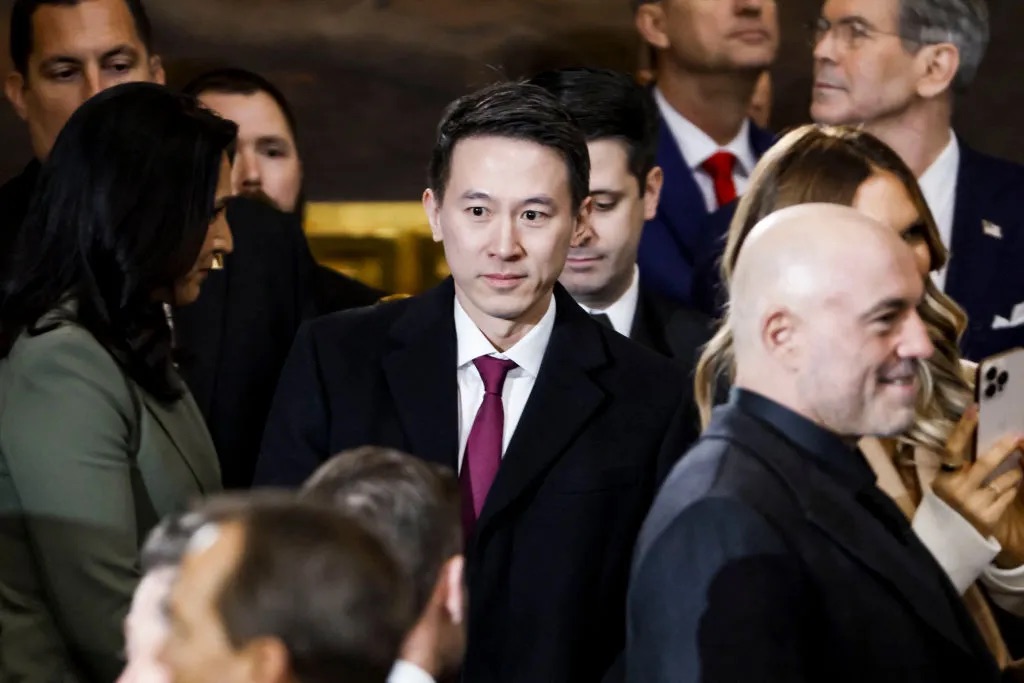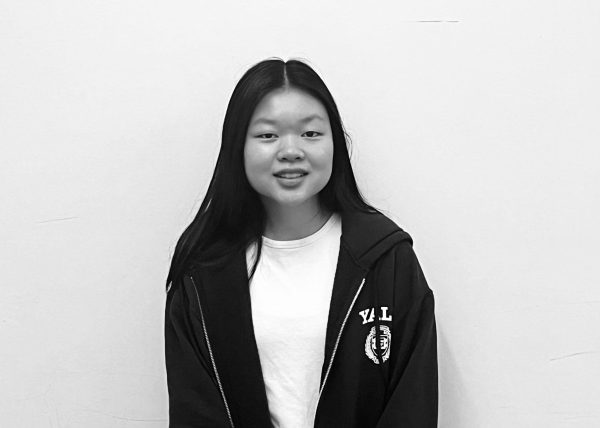Squid Game Reality TV-Show: A Twisted Take on Capitalism
The world was taken by storm when Squid Game was released in September 2021. Within one month, the South Korean show amassed 1.65 billion views, securing its status as the most-watched Netflix series at the time of release. The story of Squid Game follows Seong Gi-Hun, a chronic gambler who participates in a high-stakes competition for a prize of 45.6 billion won when he faces insurmountable debt. What follows is a series of vicious games that cost players their lives. Gradually, the games are revealed to have been orchestrated by a group of ultra-wealthy elites as a cruel form of exploitative and dehumanizing entertainment. The show essentially portrays a hyper-exaggerated version of capitalism, where economic disparities become a controlling force that strips people of their security and autonomy.
While the show has sparked an uproar about the merits of capitalism in South Korea, it is important to note that from a global and historical perspective, capitalism is not always considered as solely ‘good’ or ‘bad’. While some countries may be major proponents of its ability to stimulate innovation and raise living standards, others often view capitalism as something that drives exploitation, competition, and socioeconomic inequality. Different perspectives vary significantly based on cultural, historical, and political backgrounds. Global teacher Mr. William Rose argues that there is an absolute inherent bias towards capitalism in the United States: “Capitalism isn’t universal—every country has a different definition of what capitalism actually is.” Capitalism was originally developed by economist Adam Smith in the 18th century as a means to increase productivity. Smith reasoned that humans are inherently self-serving and that if everyone prioritizes their own needs, the needs of society as a whole would be met. However, experts from The New York Times note that unregulated capitalism allows for wealth to concentrate in the hands of a few, highlighting the economic divide that is highly prevalent in the U.S. and many other countries. Many also argue that capitalism, when properly managed, encourages entrepreneurship, innovation, and economic prosperity.
In November 2023, Netflix released yet another segment of Squid Game in the form of a reality TV show, Squid Game: The Challenge. The show spanned ten episodes and featured 456 players engaging in re-enactments of the games in the original show, competing for a chance at $4.56 million—the second-largest cash prize in the history of reality television. While notable physical games like Red Light/Green Light and Dalgona-Cutting were featured, the show also included various mental and psychological challenges as social hierarchies developed, and leaders emerged from the group to command weaker players. For instance, in the Dalgona game, players were divided into four groups and instructed to assign four Dalgona shapes of various difficulty to different groups. Faced with the possibility of elimination, some individuals stepped up and took charge of the situation, often using bullying tactics on players who showed signs of weakness or insecurity. As such, the game tested contestants on their physical capability, and their strategic and psychological resilience.
While the show aimed to emulate the conditions of and excitement around the original games, reception took an unexpected turn as viewers raised concerns about the show’s moral and ethical transgressions. Interviews by The Sun, a British tabloid, documented numerous contestants contemplating taking legal action against Netflix, claiming that they were subjected to dehumanizing treatment akin to being “treated like animals”. Contestants also claim that they were forced to endure unsafe working conditions such as freezing temperatures throughout filming, as well as disrespectful treatment from producers. Multiple instances of people collapsing and suffering from seizures highlighted the callous disregard for the health and well-being of participants. It seemed that Netflix prioritized capturing a “good shot” rather than prioritizing people’s health. The scandal highlights a larger issue of reality shows where individuals are often exploited for the sake of sensationalism—ironically, a problem that the original Squid Game sought to address.
While Squid Game was created to spread a strongly anti-capitalist message, its reality TV show completely disregarded that concept, instead preying on human suffering for entertainment and profit. In an interview with The Hollywood Reporter, producer Tim Harcourt emphasized Squid Game‘s nuanced and multi-faceted messages. He argued that the show’s essence was less about capitalism and more about childhood nostalgia and what drives competition. The goal, he claimed, was for the show to focus on portraying how people react under pressure and how their reactions influence others’ perceptions. He intended to place a strong emphasis on how people are quick to change when presented with opportunity—some participants turned toward ruthless pragmatism, while others chose less proactive strategies, like watching from the sidelines.
Rather than highlighting the exploitative nature of economic disparities like the original Squid Game, the reality show pivoted away from such concerns to spotlight an entirely different concept. Netflix, in its pursuit of viewership and profit, blatantly capitalized on the misery of its participants. Contestants faced demeaning treatment, unsafe working conditions, and disrespect for their well-being, creating ethical concerns and prompting legal action against Netflix. The disconnect between the show’s intended message and its poor execution highlights a problematic fact of reality television: sensationalism frequently takes precedence above ethical considerations, deviating significantly from the creator’s intended dark satire of capitalism.










